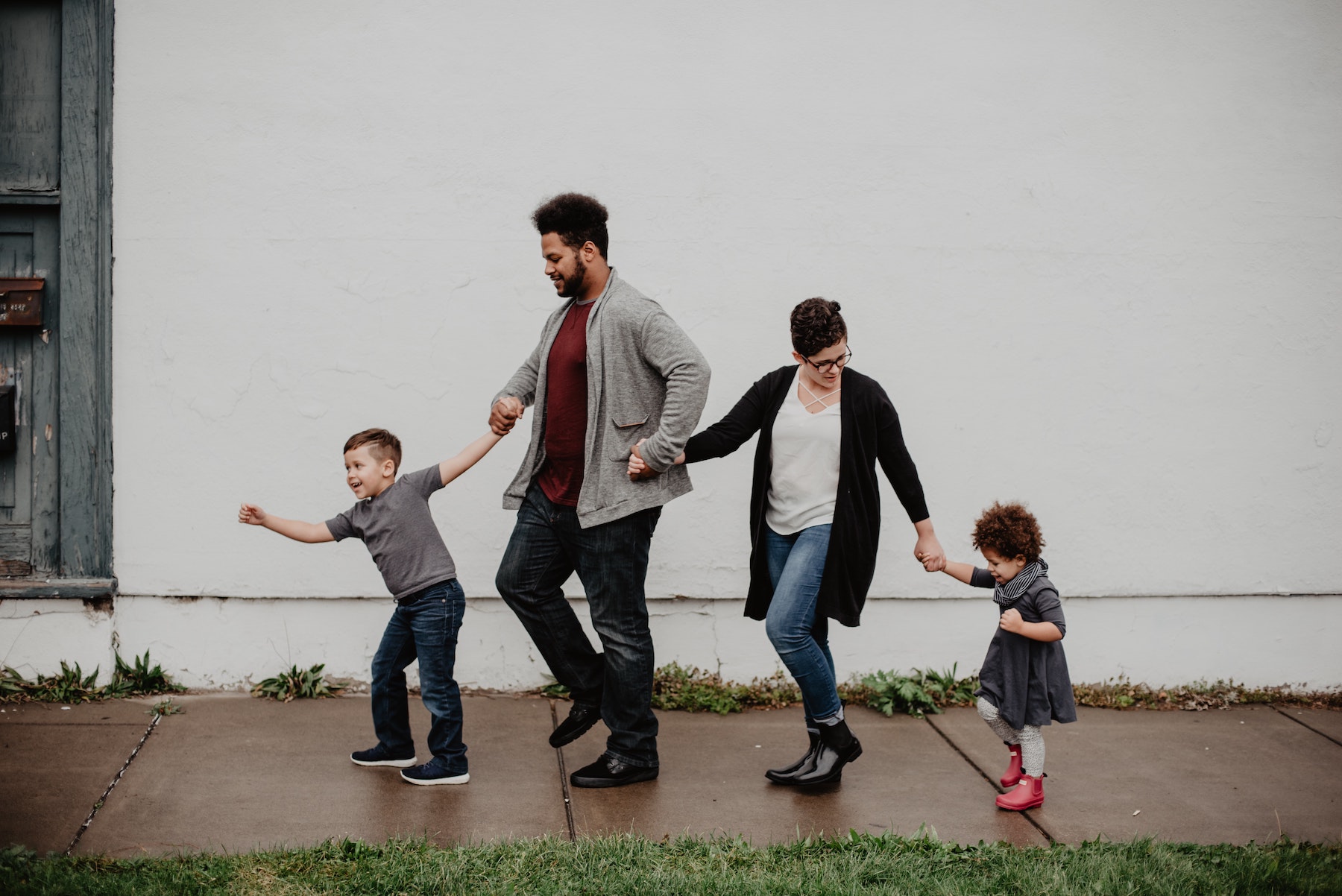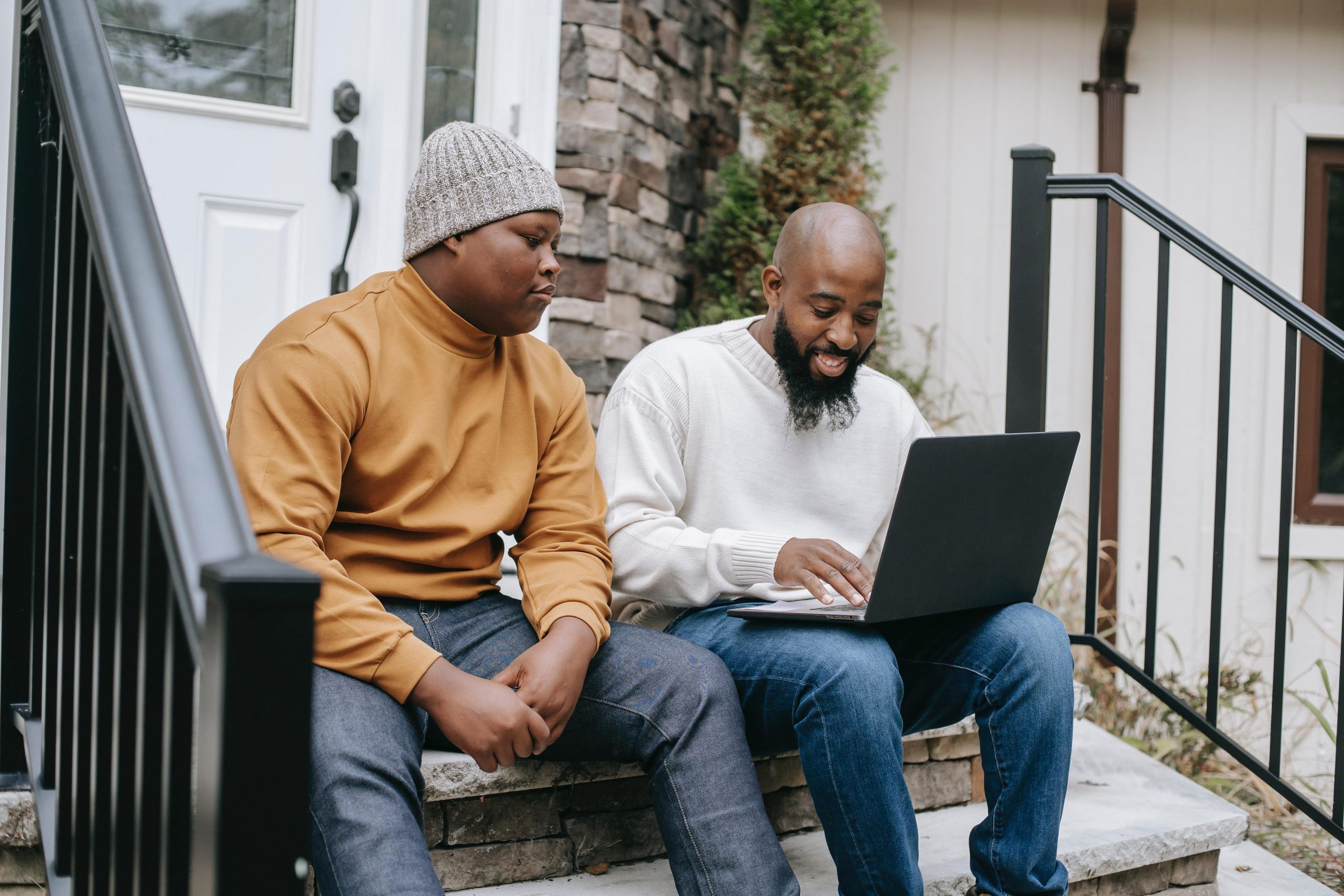
Today’s preteens are navigating the same reality—only now with texting, social media, and constant connectivity. Preteens increasingly care about what their peers think— whether it’s their shoes, hair style, the way they laugh, or even the way they talk. Research proves that the way a preteen values those friendships may be one of the greatest transitions of this phase.
Friendships are tricky. When our kids were younger, we had a bit more control over who they spent their time with. But with the advent of technology along with their growing independence, we can hardly control their friend group. But we can still help them navigate this crucial part of their preteen years.
Here are a few things to try:
Model friendship
Your kids still look to your example first. If you want your kid to become a good friend, be a good friend those in your own circle. Join a small group at your church, and host the group at your home. Invite friends over for dinner when your kids are around. Be generous with your friends, help them move or lend them something they need.
Ask questions
Rather than telling your kids what to do when friendship drama arises, ask open-ended questions that will help them process what’s happening and take ownership of the situation. Try: “How would you want someone to respond to you?” “Why do you think they’re upset right now?” or “What are ways you could be a good friend to them right now?”
Affirm good choices
When your kids choose to surround themselves with good friends, encourage those friendships. Because you and your kids might not like the same things, these friends may not be your first choice. But if they’re good kids, affirm them not just in your words, but in your actions. Invite them over and get to know them yourself. Get to know their parents. You may find a new friend too!




